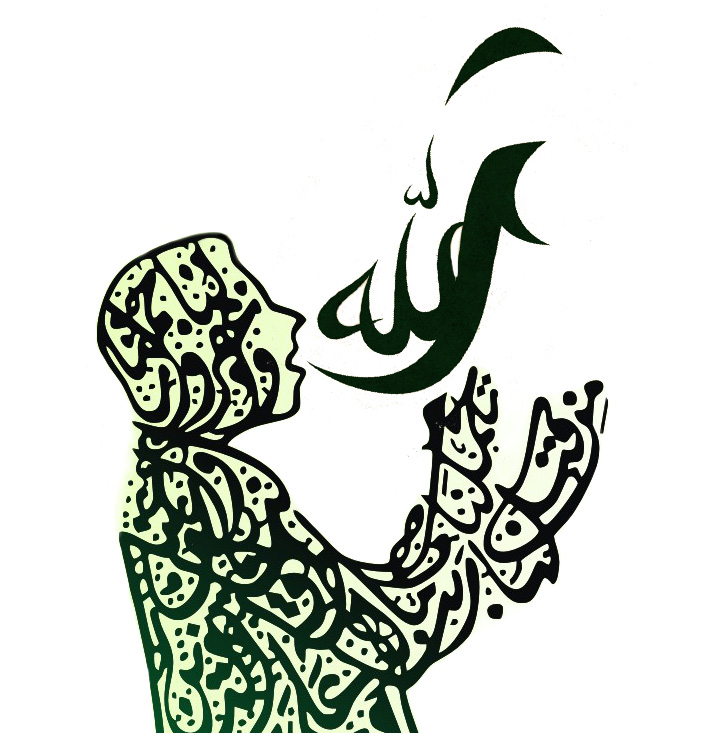Are Late Sources Unreliable?
بسم الله الرحمن الرحيم
We often hear from critics that the hadith canon was written hundreds of years after the death of the Prophet (s) and therefore it is unreliable.
Muslims also utilize a similar argument when attacking the reliability of the 4 gospel accounts or Paul’s veracity – the issue being here that none of them were eye wtinesses.
Here is a simple thought experiment to see the flaw in this kind of reasoning. Suppose right now civilization were to be wiped out, but there remained a comprehensive account of WW2 written in 2020 published by Oxford University Press.
Suppose this account was found 1000 years later. Would this account be unreliable?
While we can say that it probably is not 100% accurate, the basic facts would be correct.
The fact that the account is written 70 years later is irrelevant – if anything, it may be more accurate than what was written closer to WW2, since much of that may have been politically motivated propaganda.
Let’s perform a second thought experiment; suppose 500 years after the destruction of our civilization some future historian found not a single text, but a dozen volumes in a university library on WW2.
Suppose then, that he himself wrote a history of WW2 based on secondary sources. Would we expect it to be more or less accurate?
The answer, once again, is yes.
Based on inductive reasoning, our future historian can understand that the secondary sources used primary sources and through a critical examination of the secondary sources classify the claims into certainly true, most probably true, maybe, probably not, most certainly false etc.
In fact, he may even provide new insights by comparing contradictory accounts in the secondary sources.
Compare the book that this fellow writes 500 years later to a Soviet-era propaganda pamphlet written during the war. Which would we expect to be more accurate?
In all likelihood, the guy who comes 500 years later would write a more accurate history than the information found in a contemporary propaganda pamphlet. Obviously, there may be some key information found in the propaganda pamphlet that may be useful as it is a primary source, but in terms of an overall picture, an academic secondary source is better.
Now, there is a disanalogy in all of this in that perhaps we have more confidence in today’s academic institutions than we do past scholars.
Part of this bias is justified as there are higher academic standards to adhere to and more of a paper trail to follow to original sources now than there was in the past.
But the point of the thought experiments is to show that time is not the most relevant factor in determining the reliability of sources.
Rather, what is most important is the reliability of the sources being used.
Every layer removed from the origin does present a layer of bias that needs to be considered, but this layer of bias need not in principle nor in practice be so thick as to render us hopeless.
Neither is it so thin as to be irrelevant, as most Muslim orthodoxies would have us believe.
Rather, the balance is in the middle – yes, there are biases, and there are problems in the sources, and most importantly – there are clear political and theological biases present in the scholars themselves.
But the mere fact that something is written 200 or 300 or even 500 years after the fact is not really the biggest concern. This is especially true when we know that these scholars were often relying on earlier sources no longer extant to us.
We also cannot take for granted that all of these earlier sources were perfectly transmitted to us without bias, but we can say that if a scholar was renowned by his peers and wrote a particularly influential work, the majority of the work should be taken to accurately represent previous sources unless a bias can be shown in particularly sensitive theological issues.
Rather, the biggest concerns often are with the political and theological biases which have been present since the dawn of Islam.
This ultimately is what requires one to look at a wide range of sources and compare the various claims of all the different theological camps.


